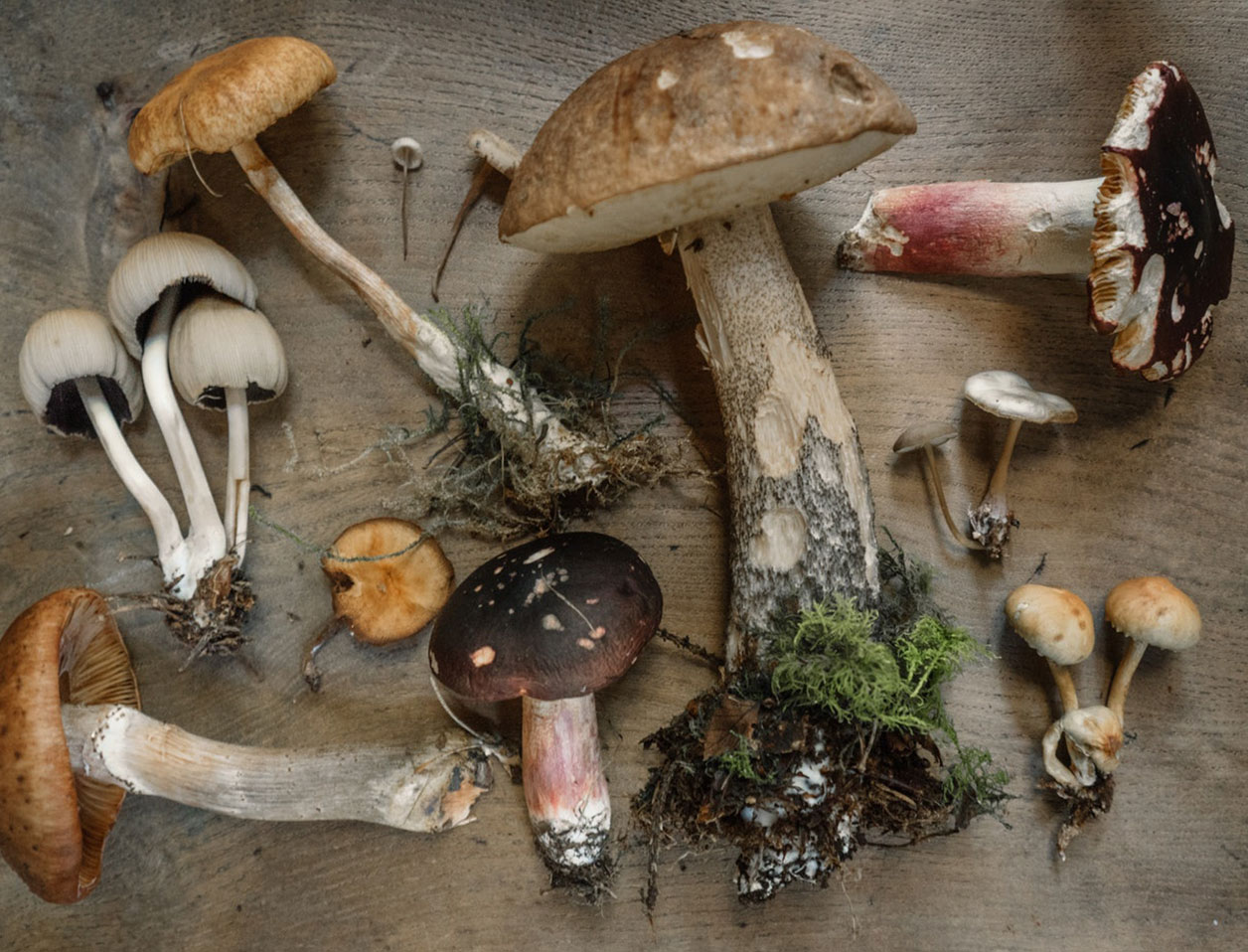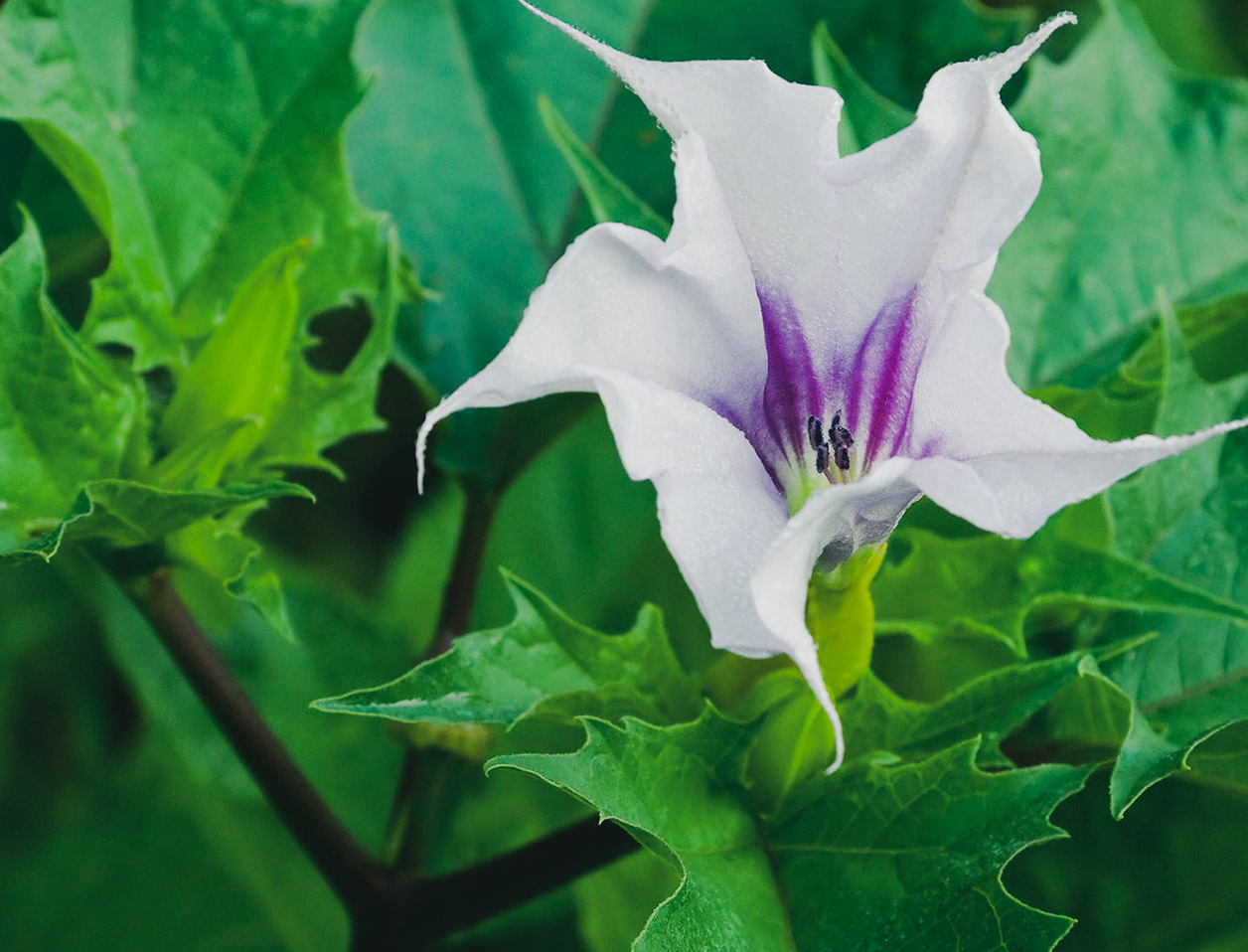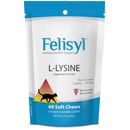Toxic Foods & Plants for Cats

There are various foods that are toxic to cats. Some we know about, however, there are many others we are not aware of that are just as dangerous and poisonous to your pet.
Click on the name below to learn about common foods and plants that are harmful to dogs.

It's becoming more widely known that chocolate is very toxic to both cats and dogs. Theobromine is the offending substance here. Caffeine and other stimulants, including theobromine (found in chocolate), can poison cats. Do not feed your cat these "people foods" or leave them out where the cat could reach them. It is wise to just feed cats a commercially prepared cat food and never feed them foods meant for humans, especially "sweets."

Mushrooms can contain toxins, which may affect multiple systems in the body, cause shock, and result in death.
These bones can cause obstruction or laceration of the digestive system.

These foods' toxicity has only recently been discovered, and although the only studies have been with dogs, it is also believed that these fruits may also affect cats adversely.
Although milk is not toxic to cats, it may have adverse effects. Simply put, adult cats fed a nutritious diet don't need milk, and many cats are lactose-intolerant, which means that the lactose in milk and milk products produces stomach upset, cramps, and gassiness. If your cat loves milk, and begs for it, a small amount of cream may be okay, two or three times a week. (The more fat in the milk, the less lactose it has.)
Raw eggs contain an enzyme called avidin, which decreases the absorption of biotin (a B vitamin). This can lead to skin and hair coat problems. Raw eggs may also contain Salmonella.
If accidental ingestion, will not cause a problem; if fed repeatedly, may result in malnutrition and diseases affecting the heart.
Green, unripe tomatoes contain a poisonous alkaloid called Glycoalkaloid Solanine (common to all members of the Solanaceae family of plants), which can cause violent lower gastrointestinal problems in cats. The leaves and stems of these plants is particularly toxic. Ripe tomatoes are less toxic and are generally harmless in small amounts, but see your vet if you notice your cat suffering from any gastrointestinal trouble.

Onions contain a substance (N-propyl disulphide) which destroys red blood cells in the cat, causing a form of anemia called Heinz body anemia. Garlic contains a similar substance in a lesser amount. Tomatoes and Green (raw Potatoes): These foods are members of the Solanaceae family of plants, which includes the Deadly Nightshade, and contain a bitter, poisonous alkaloid called Glycoalkaloid Solanine, which can cause violent lower gastrointestinal symptoms."
Some members of the Lilly family of plants can result in serious illness in cats. Specifically, Easter Lilies, tiger lilies, Japanese show lilies, rubrum lilies, many lily hybrids and day lilies have been known to cause kidney failure.

Eating raw fish can result in a thiamine (a B vitamin) deficiency leading to loss of appetite, seizures, and in severe cases, death. More common if raw fish is fed regularly.

Jimson Weed is not only toxic to cats, but at some level toxic to humans as well. Ingesting any part of the plant can cause rapid breathing, pulse, dilated pupils, twitching and diarrhea among cats. It can also lead to convulsions, coma or death.

These plants are probably the most popular holiday plant and are easily recognizable by their large red, white, pink, or mottled leaves. These plants also contain a thick, milky irritant sap. In general, it would take ingestion of a large amount of this plant to see possible clinical signs in your pet. Signs could include vomiting, anorexia and depression. The symptoms are generally self-limiting and treatment is rarely needed. Your Vet may recommend limiting food and water intake for 1 or 2 hours if your pet is suspected of becoming sick after ingestion of poinsettias.

Xylitol is a sugar substitute commonly found in gum, candies, and other sweet products. Xylitol is safe for humans, but is very toxic to cats. Even small amounts of xylitol can result in hypoglycemia, seizures, liver failure, or even death in cats. Symptoms of xylitol consumption appear within 15-30 minutes of consumption, and include vomiting, lethargy, incoordination, termors, seizures, and coma. Although cats usually avoid xylitol on their own, if you suspect that your cat has consumed xylitol, contact your veterinarian or Pet Poison Helpline (800-213-6680) immediately.

Peaches are not themselves poisonous to cats, although they can potentially cause diarrhea or loose stools. Much more dangerous, however, are the peach pits which contain Cyanide. Cyanide is extremely toxic, and can result in hyperventilation, shock, coma, and even death in cats. It is also poisonous to humans, and should be avoided. Peach pits also have the potential to cause obstuction in the throat and intestinal tract.





